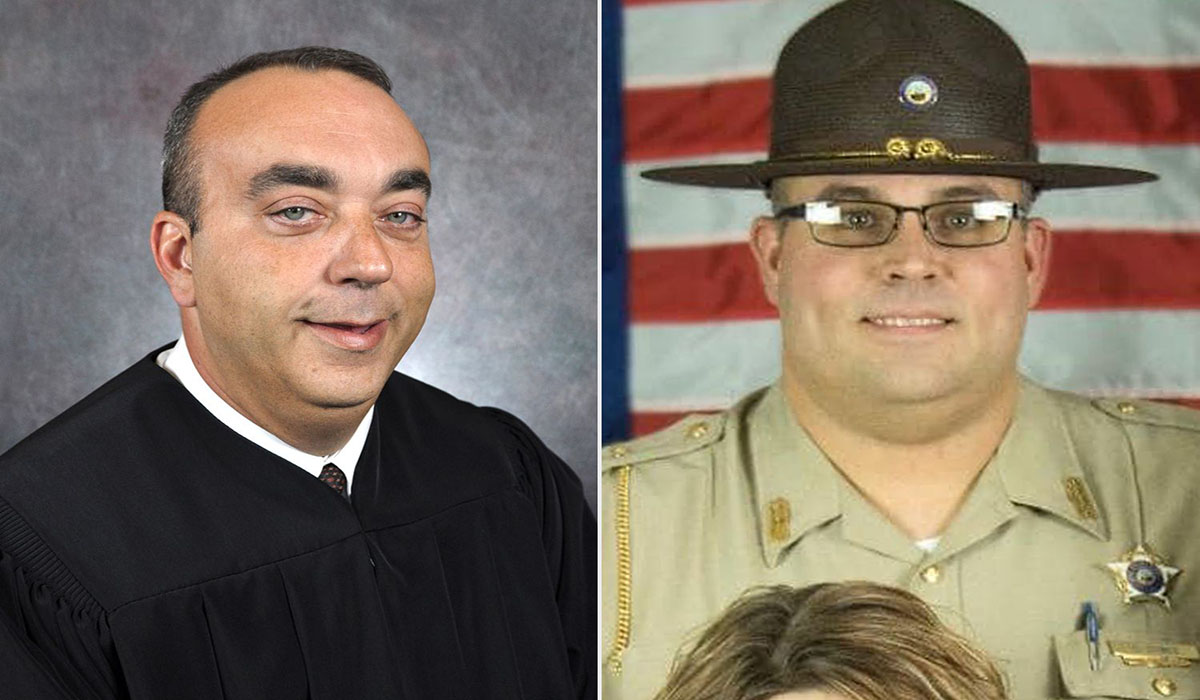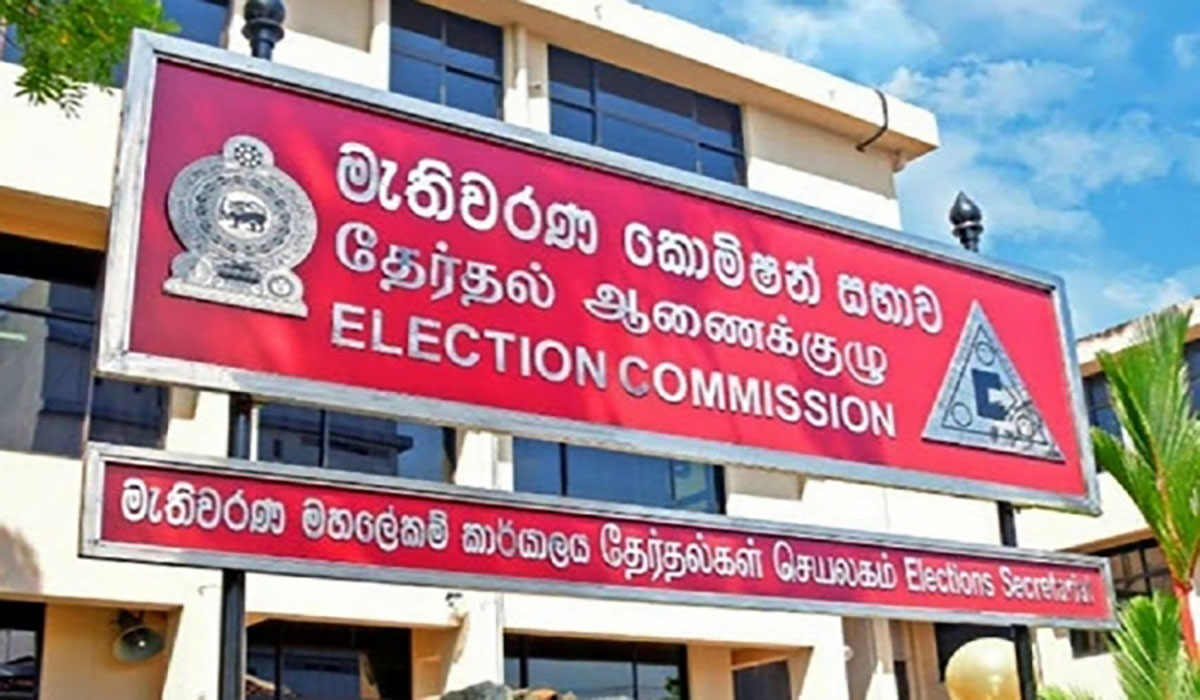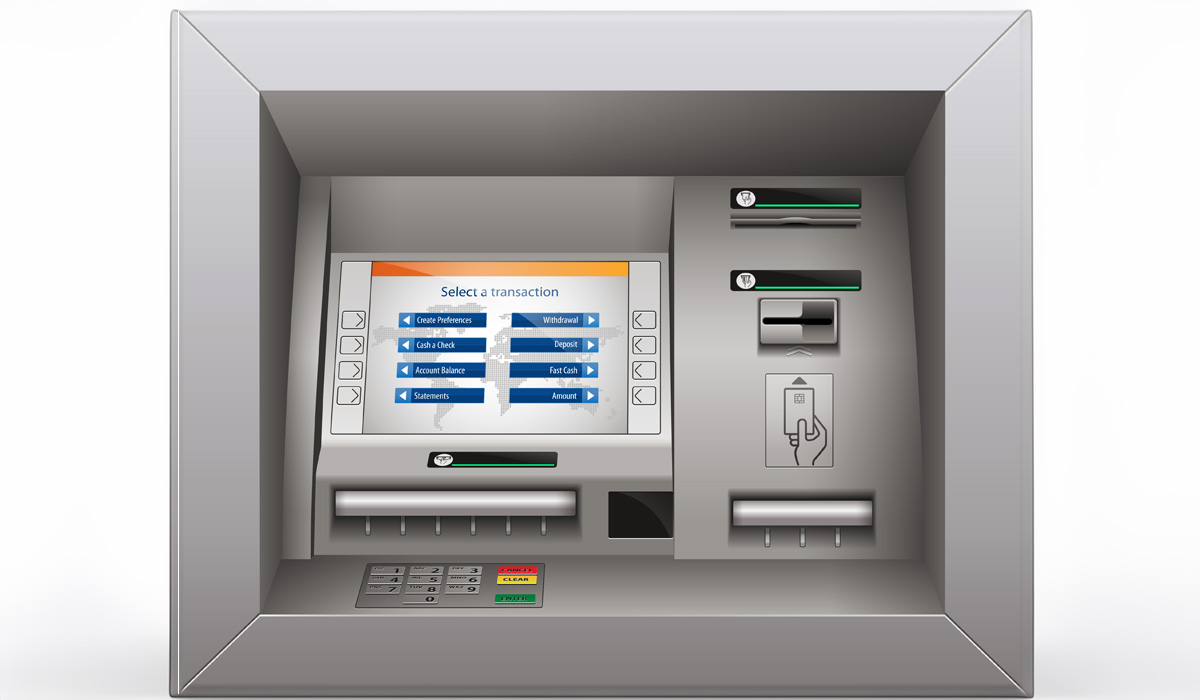1. The Zimmerman Telegram and American Entry into WWI: In 1917, the British intercepted a telegram from German Foreign Secretary Arthur Zimmermann to Mexico proposing an alliance against the United States. However, a misinterpreted portion of the message suggesting unrestricted submarine warfare against neutrals fueled public outrage in the US and contributed to their entry into World War I.
2. The Gulf of Tonkin Incident and the Vietnam War: In 1964, US officials claimed North Vietnamese torpedo boats attacked American destroyers in the Gulf of Tonkin, sparking public support for escalating the Vietnam War. However, later evidence suggested the attacks were either exaggerated or fabricated, leading to accusations of deception and fueling public distrust.
3. The Salem Witch Trials: In 1692, accusations of witchcraft in Salem, Massachusetts, were based on misinterpreted symptoms of illness and fueled by personal rivalries. Accusations spread due to fear and ignorance, resulting in 20 hangings and numerous imprisonments.
4. The Dreyfus Affair and Antisemitism in France: In 1894, Captain Alfred Dreyfus, a Jewish officer in the French army, was falsely accused of treason based on forged documents. The resulting scandal exposed deep-seated antisemitism in France, led to widespread protests, and sparked debates about national identity and justice.
5. The Tuskegee Syphilis Study and Medical Ethics: Between 1932 and 1972, the US Public Health Service conducted a study on Black men in Tuskegee, Alabama, with syphilis, withholding treatment while falsely claiming to offer free healthcare. This unethical research, based on misinformed perceptions about race and health, exposed systemic problems in medical ethics and informed later regulations.
6. The Holocaust and Nazi Propaganda: The Nazi regime in Germany relied heavily on fabricated information and misrepresentation of historical events to demonize Jews and other marginalized groups, contributing to the dehumanization and persecution that led to the Holocaust.
These are just a few examples, and it’s important to note that the historical context and impact of each case vary greatly. However, they highlight the potential dangers of misquoted or misinterpreted information in shaping public opinion, influencing policies, and driving societal change. Understanding these past instances can help us become more critical consumers of information in the present.








